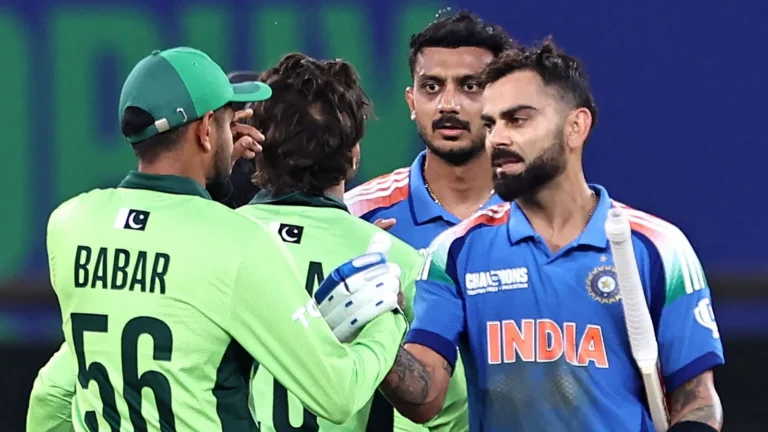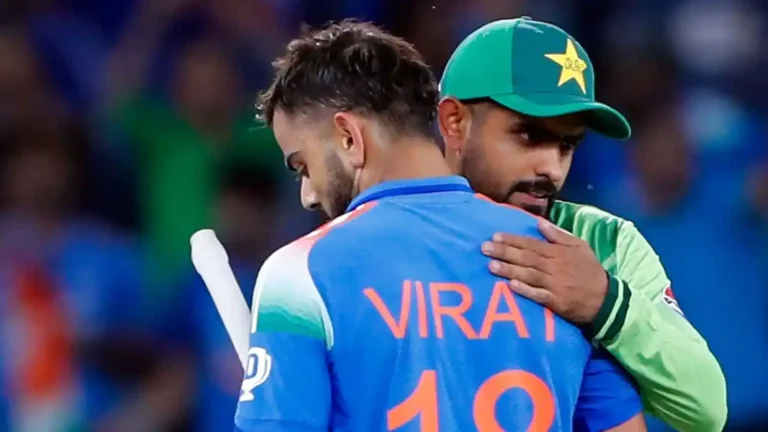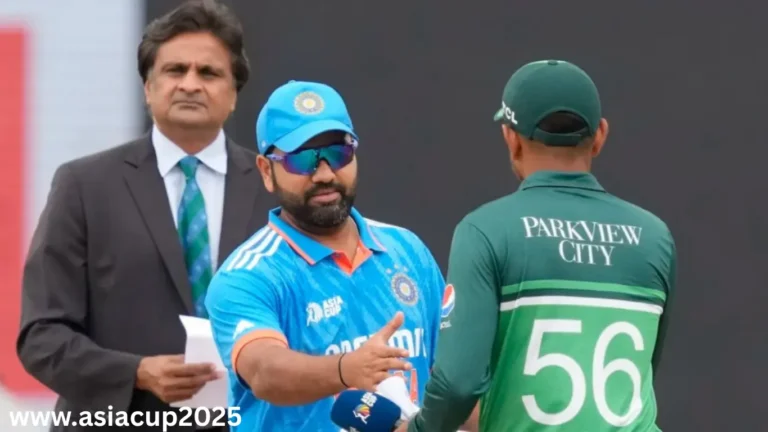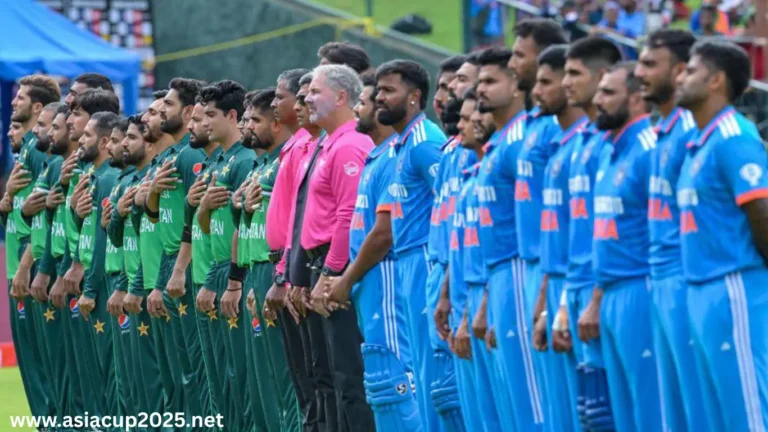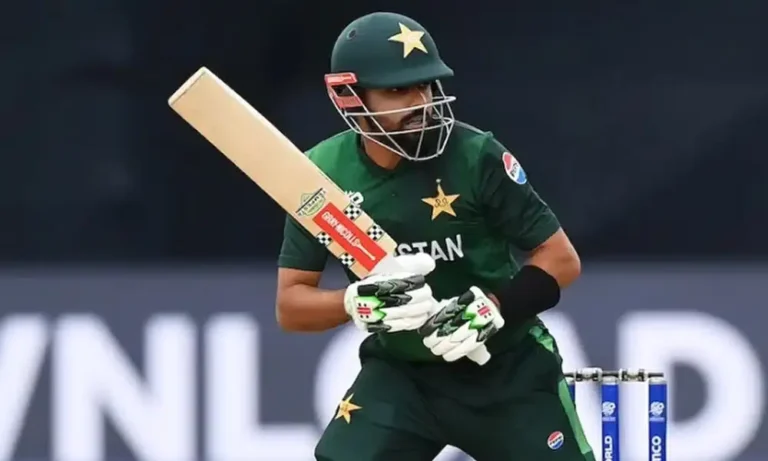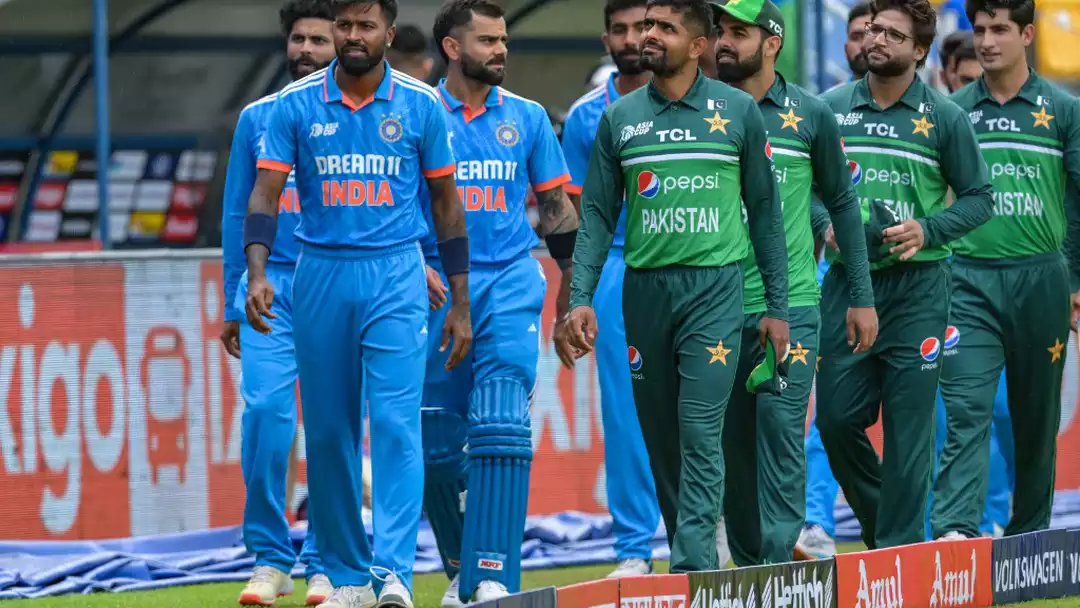
Just days ago, war seemed more likely than a cricket match. With rising tensions, violent border skirmishes, and hardline rhetoric dominating headlines, the idea of India and Pakistan facing off in the Asia Cup 2025 felt like a distant dream. But in a dramatic turn, the two nuclear-armed neighbors have agreed to a ceasefire — instantly changing the tone of both diplomacy and sport.
Tensions Ease, Eyes Turn to Cricket
The ceasefire, announced jointly by both governments late last night, puts an end to weeks of uncertainty that had placed a question mark on Pakistan’s full participation in the Asia Cup 2025, set to be hosted in India. Security concerns, military escalations, and calls for tournament boycotts had raised doubts about the tournament’s future.
Now, the landscape has shifted. The decision to halt cross-border hostilities has reignited hope among cricket fans who were bracing for the worst — including the possible cancellation of high-voltage India–Pakistan encounters.
Asia Cup 2025: On the Brink of Clarity
Though no official statement has been issued by the BCCI or PCB regarding any updated decisions post-ceasefire, sources close to both boards suggest behind-the-scenes dialogue is already underway. The Asian Cricket Council (ACC) is expected to hold an emergency session to discuss security reassessments, final venue confirmations, and diplomatic clearance for full participation.
If both teams agree to move forward, it would mark the first time since the ceasefire that the arch-rivals meet in an ICC-affiliated tournament — one with regional pride and massive political symbolism at stake.
From War Rooms to Dressing Rooms: The Shift in Narrative
Cricket between India and Pakistan has always been more than just a game — it’s geopolitical theater played out on a 22-yard stage. In recent weeks, that stage was in danger of being abandoned. With increasing military movements in Pahalgam and media-driven hostility, the idea of a peaceful cricket match felt absurd.
But this ceasefire — if sustained — opens a door. A door to diplomacy through cricket. A door to show the world that sport can still cut through political fog.
Cautious Hope from the Fans
Reactions across both countries have shifted from outrage to optimism. On Pakistani social media, trending hashtags like #CricketForPeace and #IndvsPak have replaced earlier calls to boycott. In India, fans have started speculating again about squad selections and dream match-ups rather than military strategies.
For many, this shift in mood is a reminder of cricket’s unique power — the ability to unite even the most divided regions, if only for a few hours.
What Happens Next?
While the ceasefire doesn’t automatically guarantee Pakistan’s participation in India, it lays the foundation for meaningful conversation. If political calm continues in the coming weeks, cricketing authorities are likely to greenlight full participation, with neutral venues being discussed as a compromise if travel remains a sticking point.
Final Word: Cricket Wins When Peace Prevails
This ceasefire isn’t just a geopolitical move — it’s a lifeline for South Asian cricket. The Asia Cup 2025 was at risk of becoming a watered-down version of itself. But now, there’s real hope that it could feature its most iconic fixture: India vs Pakistan.
Cricket fans across the subcontinent — and the world — will be watching. Not just for sixes and wickets, but for what this match will symbolize: that even in the darkest political climates, sport can still shine a light.

